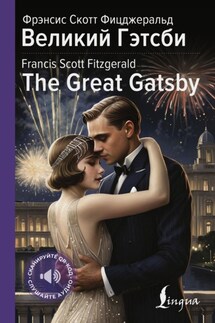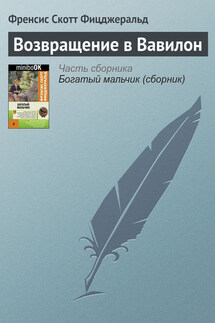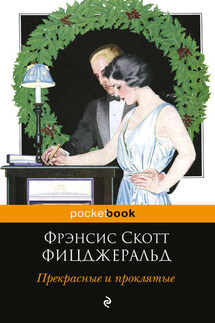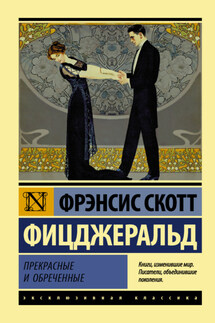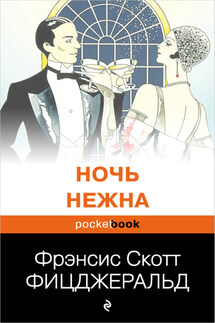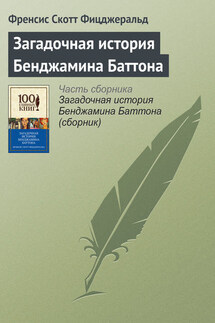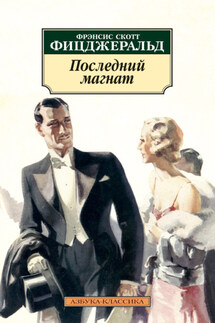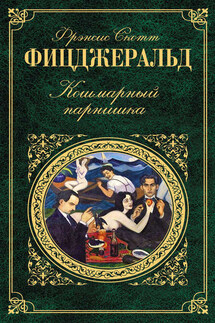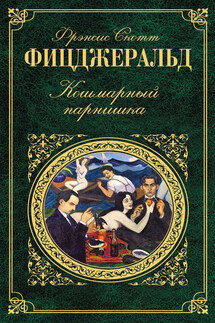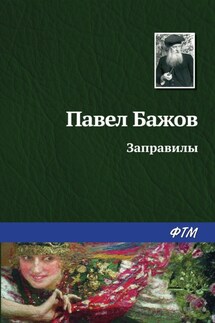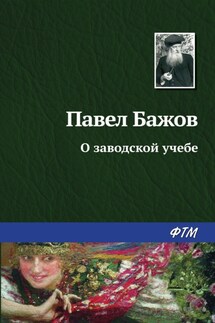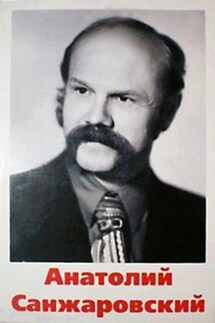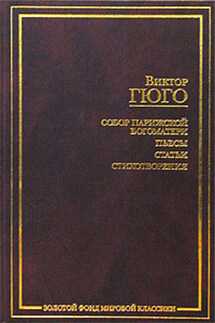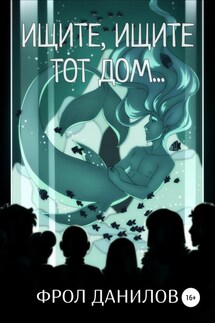In my younger years my father gave me some advice. “Whenever you feel like criticizing any one,” he told me, “just remember that all the people in this world haven't had the advantages that you've had.”
He didn't say any more but I understood that he meant a great deal more than that. A habit to reserve all judgments has opened up many curious natures to me. In college I was privy to the secret grief's of wild, unknown men.
When I came back from the East last autumn I felt that I wanted the world to be in uniform. I wanted no more riotous excursions with privileged glimpses into the human heart. Only Gatsby, the man who gives his name to this book, was exempt from my reaction – Gatsby who represented everything for which I have an unaffected scorn.
There was something gorgeous about him, some heightened sensitivity to the promises of life, as if he were related to one of those intricate machines that register earthquakes ten thousand miles away. It was an extraordinary gift for hope, a romantic readiness such as I have never found in any other person.
My family has been prominent, well-to-do people for three generations. The Carraways are something of a clan and we have a tradition that we're descended from the Dukes of Buccleuch, but the actual founder of my line was my grandfather's brother who came here in fifty-one and started the wholesale hardware business that my father carries on today. I never saw this great-uncle but I look like him – I saw a painting that hangs in father's office.
I graduated from New Haven[1] in 1915, just a quarter of a century after my father, and a little later I participated in the Great War. Then I decided to go East and learn the bond business. Father agreed to finance me for a year and after various delays I came East, permanently, I thought, in the spring of twenty-two.
The practical thing was to find rooms in the city but it was a warm season, so when a young man at the office suggested that we take a house together it sounded like a great idea. He found the house, a cardboard bungalow at eighty a month. I had an old Dodge and a Finnish woman who made my bed and cooked breakfast, and muttered Finnish words to herself over the electric stove.
One morning some man stopped me on the road.
“How do you get to West Egg village?” he asked helplessly.
I told him. I was a guide, a pathfinder, an original settler. The life was beginning over again with the summer.
There was so much to read. I bought a dozen volumes on banking and credit and investment securities and they stood on my shelf in red and gold.
I lived at West Egg. I rented a house in one of the strangest communities in North America. It was on that slender riotous island which extends itself due east of New York. My house was between two huge places that rented for twelve or fifteen thousand a season. The one on my right was Gatsby's mansion.
Across the bay the white palaces of fashionable East Egg glittered along the water, and the history of the summer really begins on the evening I drove over there to have dinner with the Buchanans. Daisy was my second cousin. Her husband's name was Tom. I'd known Tom in college. And just after the war I spent two days with them in Chicago.
Tom's family was enormously wealthy – even in college his freedom with money was a matter for reproach. Why they came East I don't know. This was a permanent move, said Daisy over the telephone, but I didn't believe it. They had spent a year in France, for no particular reason, and then drifted here and there, wherever people played polo and were rich together.
And so it happened that on a warm windy evening I drove over to East Egg to see two old friends whom I scarcely knew at all. Their house was even more elaborate than I expected. The lawn started at the beach and ran toward the front door for a quarter of a mile. The front was broken by a line of French windows, glowing now with reflected gold, and wide open to the warm windy afternoon, and Tom Buchanan in riding clothes was standing on the front porch.
Tom had changed since his New Haven years. Now he was a sturdy straw haired man of thirty with a rather hard mouth and a supercilious manner.
He could not hide the enormous power of his body. It was a body capable of enormous leverage – a cruel body.
His voice was a gruff husky tenor. “Now, don't think my opinion on these matters is final,” he seemed to say, “just because I'm stronger and more of a man than you are.” We were in the same Senior Society, and while we were never intimate I always had the impression that he wanted me to like him.
